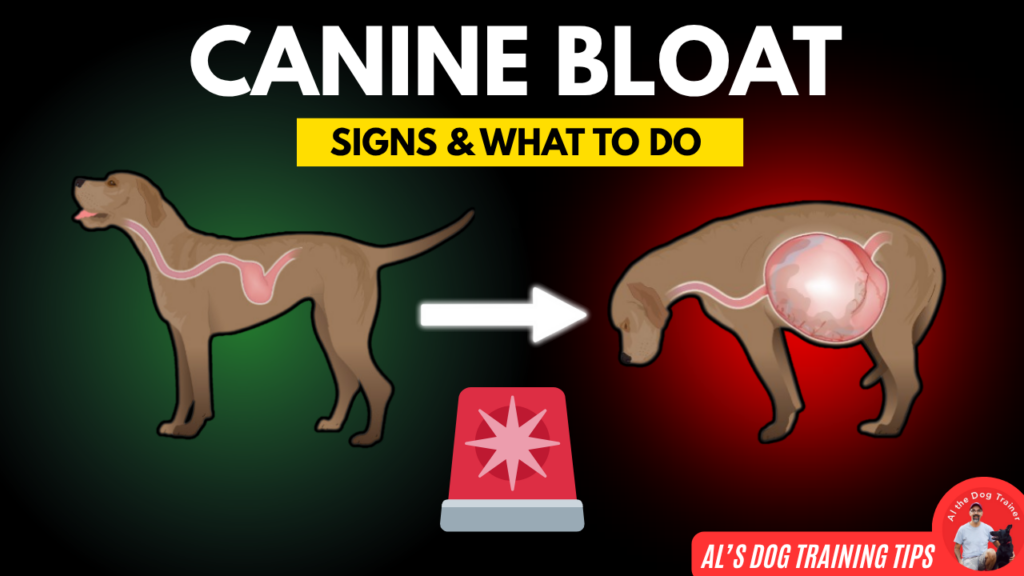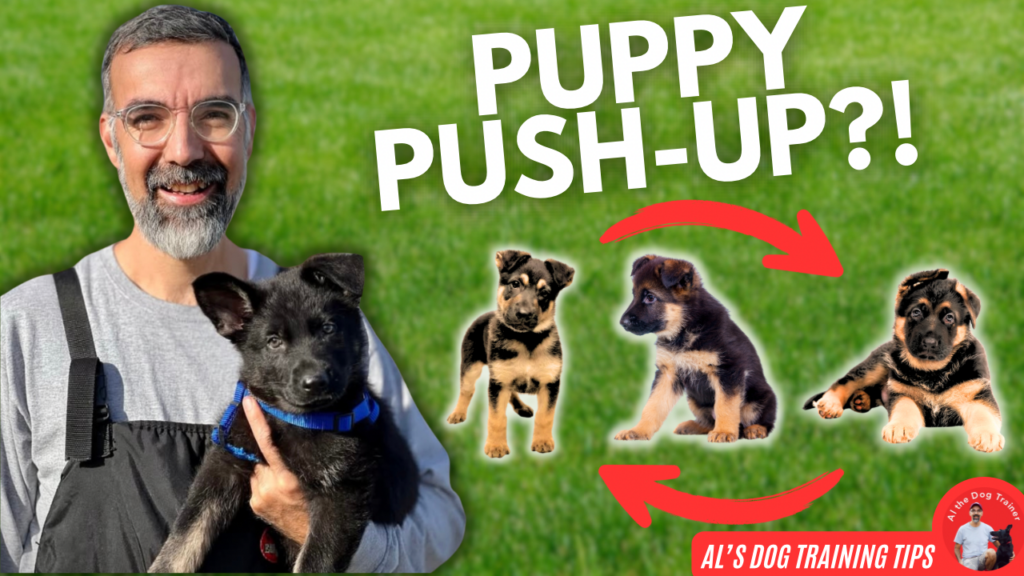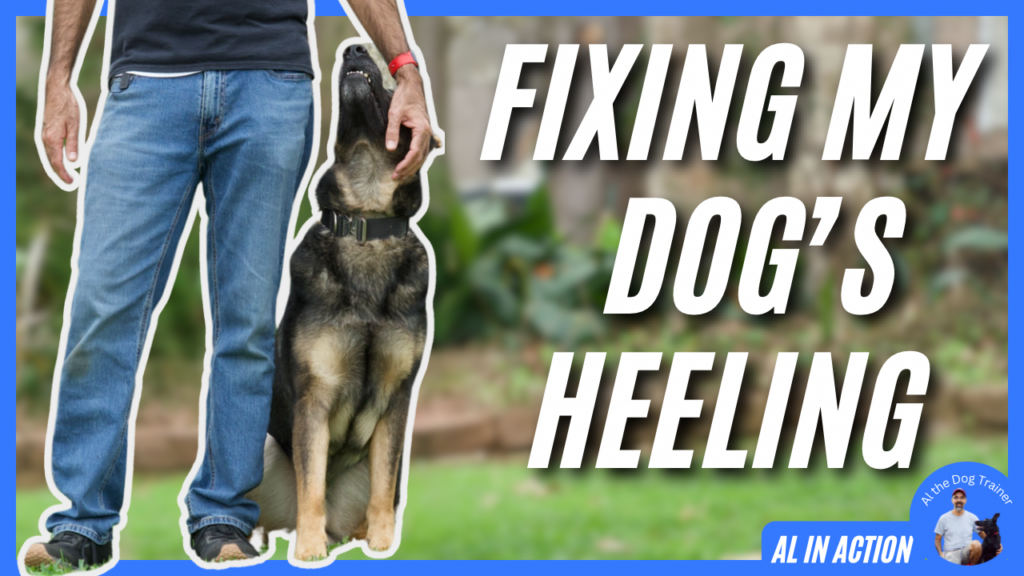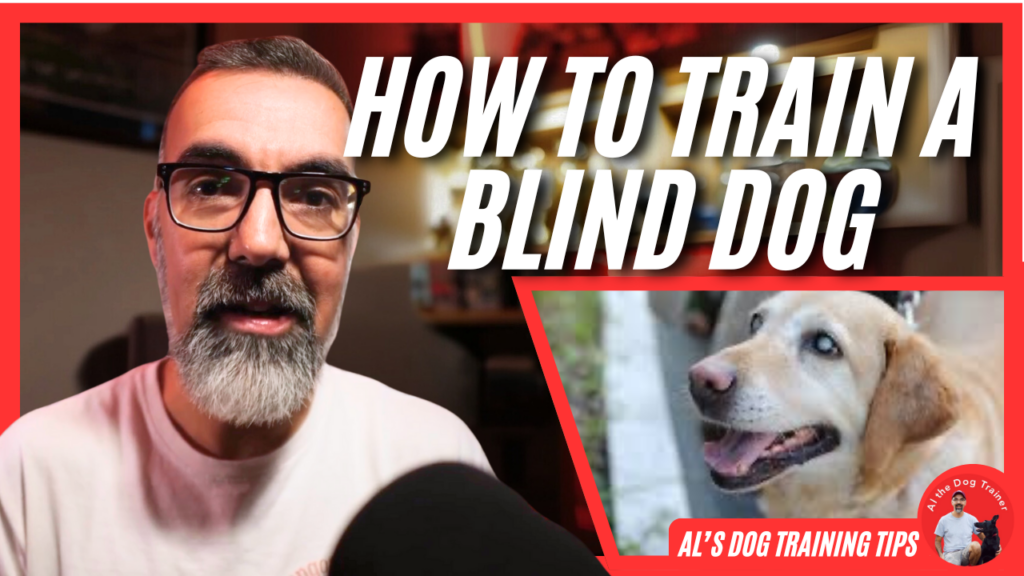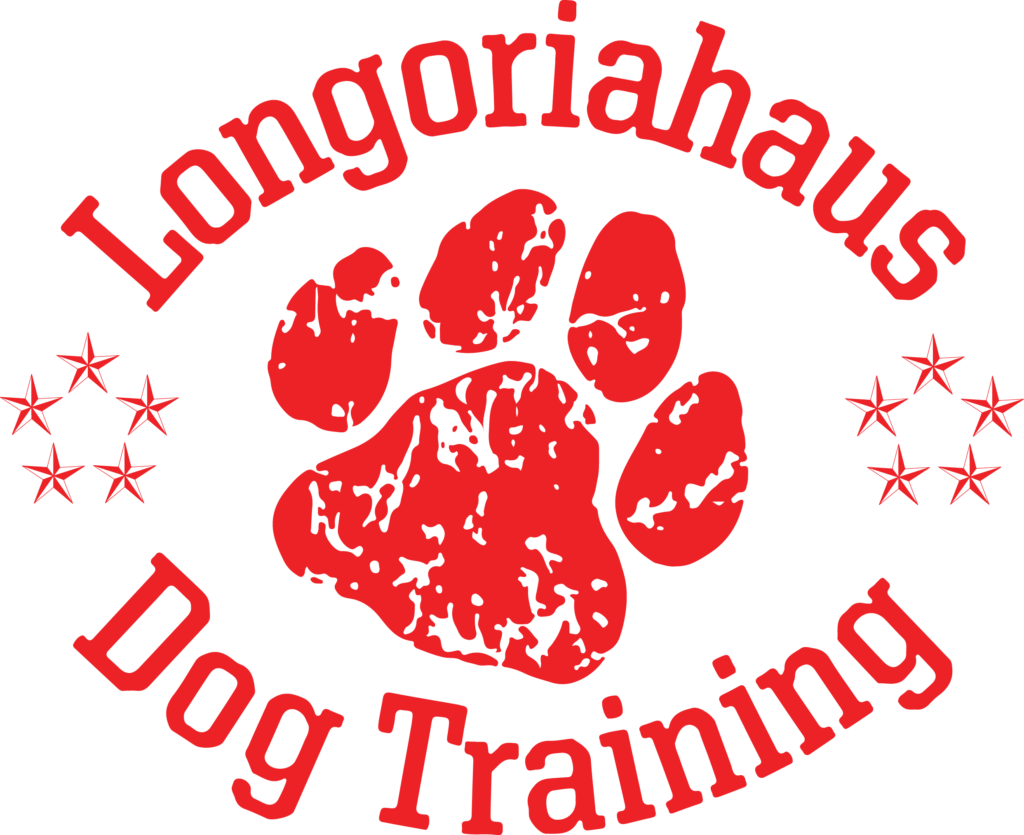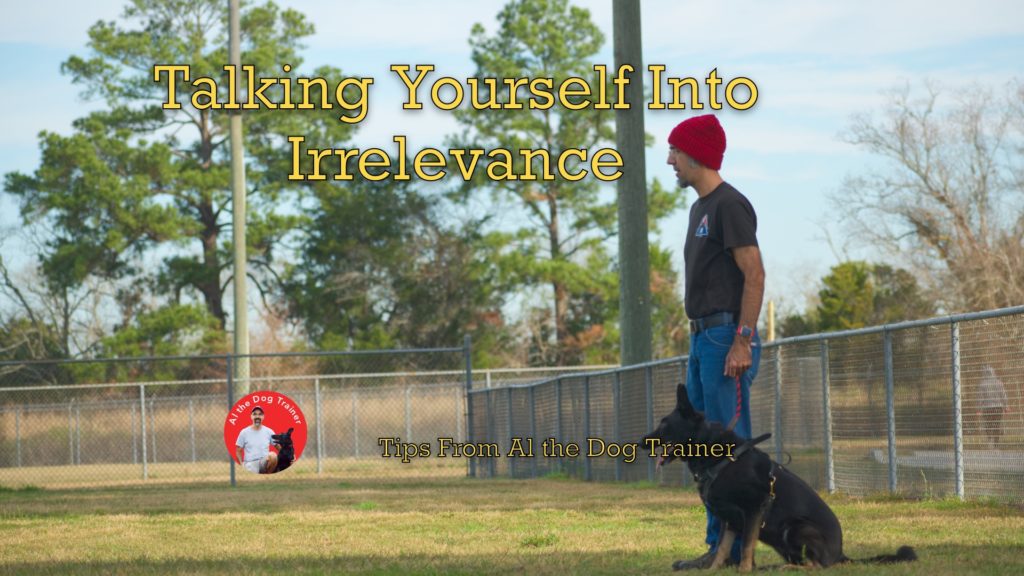
There’s this thing in dog training I don’t think I’ve ever explained before. It’s called “learned irrelevance.” That means when you have a particular cue for the dog, it’s on all the time. And if it never leads to anything of importance, the cue becomes irrelevant. The dog learns to ignore it, and there are both benefits and downfalls to that. One thing people do is talk excessively to their dogs. Suppose you’re doing anything where your dog needs to pay attention, and you would like them to listen to your voice. Minimizing your voice usage will be an important thing.
You May Be Talking Too Much
I’m a lot like all of you; I’m constantly talking to my dogs. However, the reason I can get away with this now is that I’ve gone through the work of associating my voice to the things I want Gabby to understand. This is the behavior I want her to do. I’m associating my voice with what’s happening with her leash, her food, etc. If you’re in the beginning stages of dog training, though, you may be talking way too much. You also may not be very good yet at the non-verbal forms of communication. I always encourage people to take the time today and see if you can get them to do any of the skills you’ve been teaching them, but without any words. If you can successfully get the dog to do that without speaking to them, you should layer your voice over that.
Voice To Reward
The winning formula for getting your voice to be relevant is two parts. Number one, you should use your voice right as the dog is accomplishing what you want them to do. Then you should follow that with reinforcement. Another way is to associate your voice directly to a reward. For example, let’s say you’re trying to get your dog better at name recognition. The easiest way to do that would be to say your dog’s name, then right after that, reward your dog with a treat or something they would really enjoy. These are all ways to combat your dog’s ability to make your voice irrelevant by tying your voice to important things to your dog.
The more consistent you are at doing this, the better your dog will get at learning that. Hope this was helpful and you now know a little bit about learned irrelevance.
Please remember you can always go to my YouTube Channel for more training tips, and you can find more right here on my website www.longoriahausdogtraining.com.
Happy Training!

